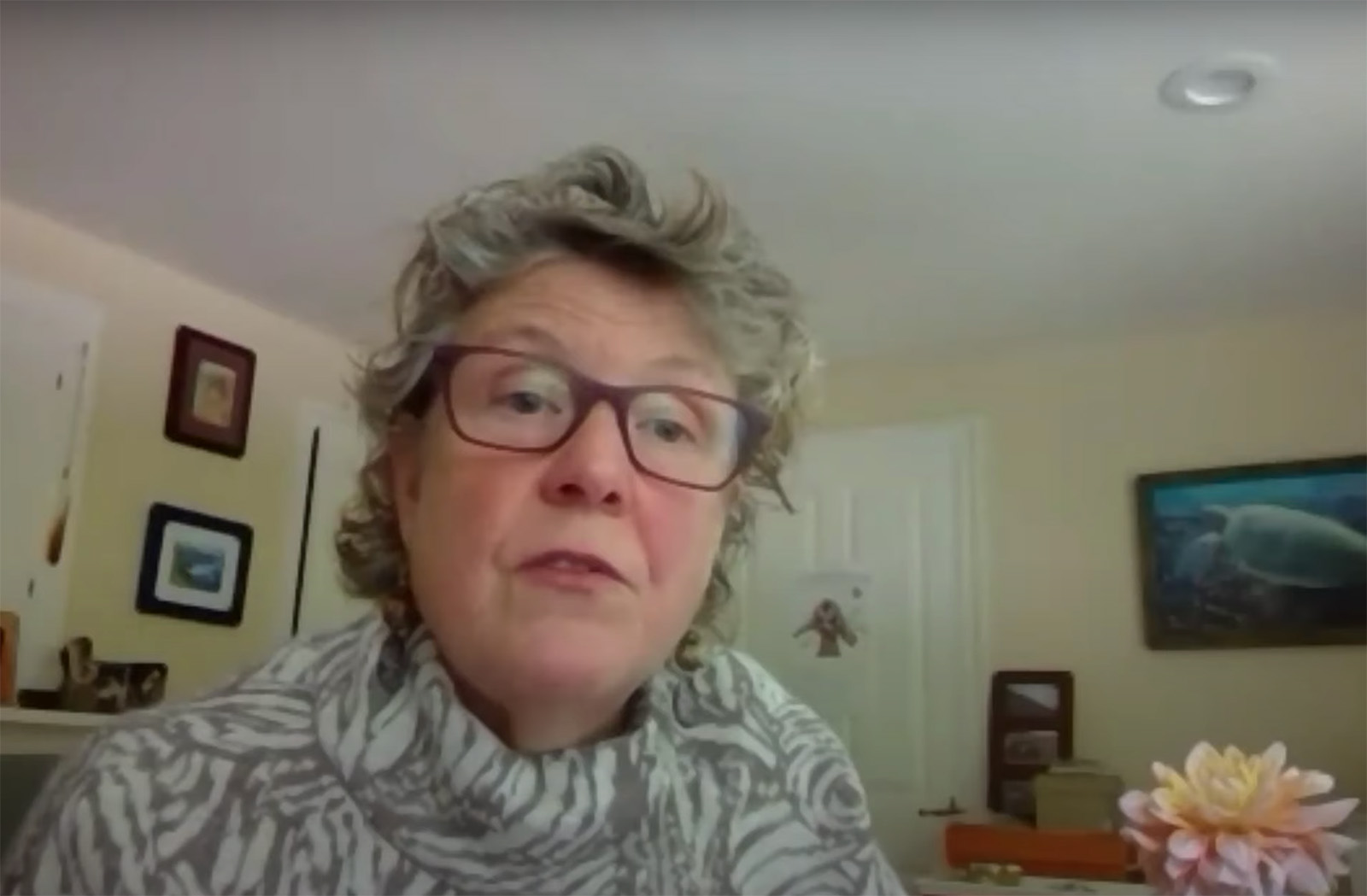UPDATE:
A recording of the forum is available on YouTube.
Tuesday, September 15th at noon
Register ASAP it may fill up.
Here is an interview with Melissa Hoffer of the Attorney General’s Office in advance of the event:
https://archive.org/details/enviro-show-interview-with-melissa-hoffer-9-3-20
Featuring these scientists:
- Dr. William Moomaw (5 time IPCC co-author), who some of you have seen, and two other leading scientists (more detailed bios below):
- Dr. John Sterman from MIT. He has spearheaded major systems analyses and coauthored the En-ROADS Simulator.
- Dr. Richard Birdsey, (2 time IPCC co-author) retired from the US Forest Service, working on forests and carbon for decades.
- Update on Eastern Wildway event. Due to complicated logistics this will either be postponed again or taped.
Dr. John D. Sterman is the Jay W. Forrester Professor of Management at the MIT Sloan School of Management and a Professor in the MIT Institute for Data, Systems, and Society. He is also the Director of the MIT System Dynamics Group and the MIT Sloan Sustainability Initiative. He is a co-author of the En-ROADS Climate Solutions Simulator, “a fast, powerful climate simulation tool for understanding how we can achieve our climate goals through changes in energy, land use, consumption, agriculture, and other policies.”
Dr. Sterman’s research centers on improving decision-making in complex systems, including corporate strategy and operations, energy policy, public health, environmental sustainability, and climate change. His work ranges from the dynamics of organizational change and the implementation of sustainable improvement programs to climate change and the implementation of policies to promote a sustainable world. His research has been featured in media around the world for his innovative use of interactive simulations in management education and policymaking, particularly in climate change and energy policy. Sterman holds an AB in engineering and environmental systems from Dartmouth College and a PhD in system dynamics from MIT.
Dr. Richard Birdsey loves trees and has spent his entire career studying the role U.S. forests play in absorbing and storing carbon. He is a specialist in quantitative methods for large-scale forest inventories and has pioneered the estimation of national carbon budgets for forest lands. His first job was an inventory of Puerto Rico’s forests. He went on to spend four decades with the U.S. Forest Service, retiring as a “Distinguished Scientist” recognized by the U.S. Department of Agriculture as a major contributor to creating a new agricultural commodity – carbon.
Dr. Birdsey was a lead author of two Special Reports for the Intergovernmental Panel on Climate Change. He was a lead author of the first North American “State of the Carbon Cycle” report and is currently a member of the science team guiding the second report. A 2011 global forest inventory he co-authored has been cited more than three thousand times by subsequent scientific research. He has published extensively on forest management and strategies to increase carbon sequestration, and facilitated the development of decision-support tools for policy and management.
Dr. William Moomaw is Emeritus Professor of international environmental policy and founding director of the Center for International Environment and Resource Policy at The Fletcher School. He currently serves as co-director of the Global Development and Environment Institute at Tufts, which he co-founded. He received his B.A. degree in chemistry from Williams College and Ph.D. in physical chemistry from MIT. He had a 26-year career in chemistry and environmental studies at Williams College, where he directed the Center for Environmental Studies. He served as AAAS Science Fellow in the U.S. Senate, where he worked on legislation that successfully addressed ozone depletion, and on legislation responding to the 1973 energy crisis.
Dr. Moomaw has been a lead author of five Intergovernmental Panel on Climate Change (IPCC) Reports. The IPCC shared the Nobel Peace Prize for its climate work in 2007. He is currently working on natural solutions to climate change with a focus on increasing carbon dioxide removal and sequestration by forests, wetlands and soils to compliment emission reductions from land use changes and replacing fossil fuels with zero carbon renewable energy. He chairs the board of directors of two climate science and policy organizations, The Climate Group North America and Woods Hole Research Center and serves on the boards of directors of The Nature Conservancy of Massachusetts, the Consensus Building Institute, Earthwatch Institute, and is on the National Advisory Boards of the Union of Concerned Scientists, and Young Voices for the Planet.

